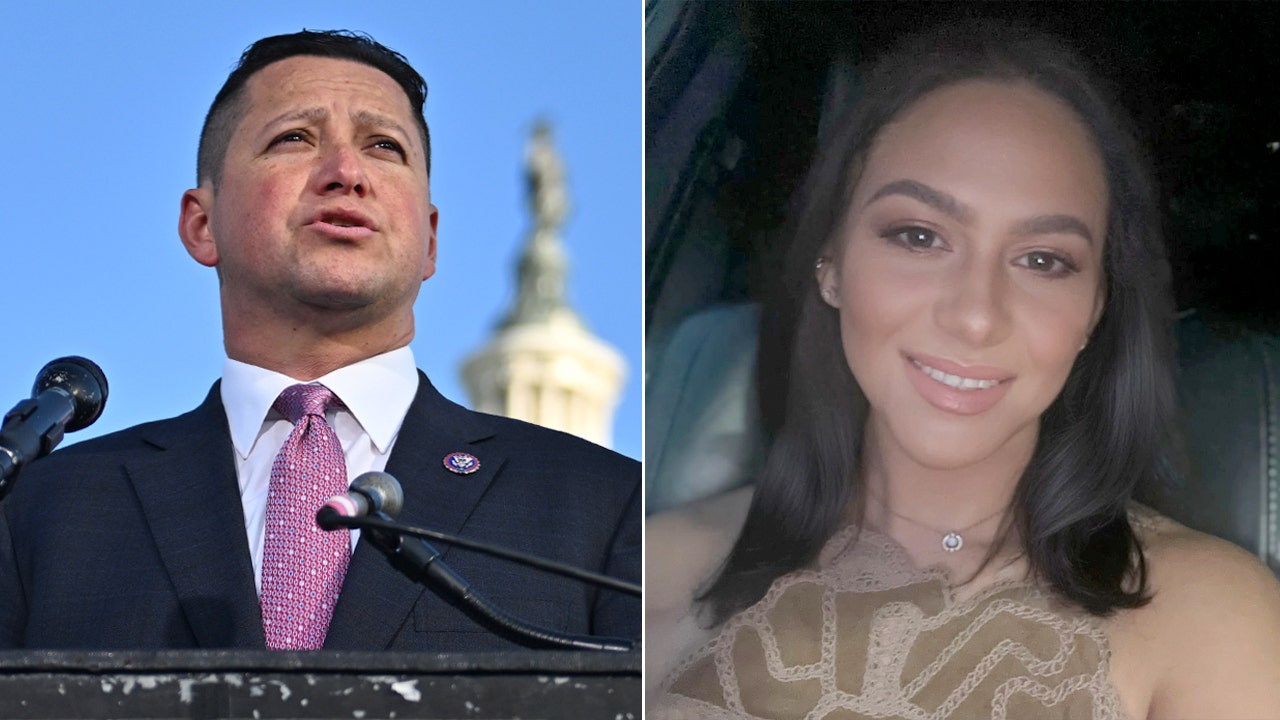The Supreme Court agreed Thursday to hear a case that will determine whether transgender female student athletes can be prevented from joining girls and women’s sports teams at public schools.
The justices are set to hear challenges to laws in Idaho and West Virginia after lower court rulings in sided with transgender students who sued when they were blocked from competing.
“I am optimistic that after hearing the case, the Supreme Court will restore sanity to athletics and allow West Virginia to enforce its commonsense law that prevents boys from competing in girl’s sports,” Mountain State Gov. Patrick Morrisey fired off in an X post.
Twenty-seven states have passed laws in recent years that restrict participation in female sports for male-to-female trans students.
In Idaho and West Virginia specifically, state laws specify that sports teams at public schools are based on “biological sex” and ban “students of the male sex” from joining female athletic teams.
The challenge to the West Virginia law was brought by Becky Pepper-Jackson in 2021 after her middle school banned her from joining the girls’ cross country and track teams.
Pepper-Jackson has been taking puberty-blocking medication and has publicly identified as a girl since she was in the third grade.

A federal judge initially ruled in the student’s favor at an early stage of the case, but later reversed course and ended up siding with the state.
The 4th US Circuit Court of Appeals ruled that Jackson’s exclusion from girls’ teams violated Title IX, which forbids sex discrimination in education.
“[Pepper-Jackson] has been publicly living as a girl for more than five years. During that time, her elementary and middle schools created gender support plans to affirm her gender identity and ensure she is recognized as a girl at school,” the appeals court ruling read. “To align with her gender identity, [Pepper-Jackson] has changed her name, and the State of West Virginia (whose Act is challenged here) has issued a birth certificate that recognizes her changed name and lists her sex as female. [Pepper-Jackson] also takes puberty blocking medication to prevent her body from experiencing male adolescent development and estrogen hormone therapy, which is leading her to develop the outward physical characteristics—including fat distribution, pelvic shape, and bone size—of an adolescent female. Her family, teachers, and classmates have all known [Pepper-Jackson] as a girl for several years, and—beginning in elementary school—she has participated only on girls athletic teams.
“Given these facts, offering [Pepper-Jackson] a ‘choice’ between not participating in sports and participating only on boys teams is no real choice at all.”
Meanwhile, the Idaho challenge was brought by Lindsay Hecox — a trans Boise State University student who had tried to join the women’s track and cross-country teams, but failed to qualify.
Instead, Hecox has participating in sports clubs, including soccer and running, at the public university.
A federal judge blocked Idaho’s law in 2020, ruling that it likely violated the Constitution’s Equal Protection Clause and unlawfully discriminated based on sex and transgender status.
The 9th US Circuit Court of Appeals upheld initial ruling in 2023 and again in an amended ruling last year.
While the Supreme Court agreed to take up the cases from Idaho and West Virginia, the justices opted not to act on a third case from Arizona that raises the same issue.
The cases will be heard sometime after the justices convene for the new court term Oct. 6.
Last month, the Supreme Court upheld Tennessee’s ban on transgender puberty blockers and hormone therapy treatments for minors — a major win for states that have similar laws on the books.
With Post wires
Read the full article here














